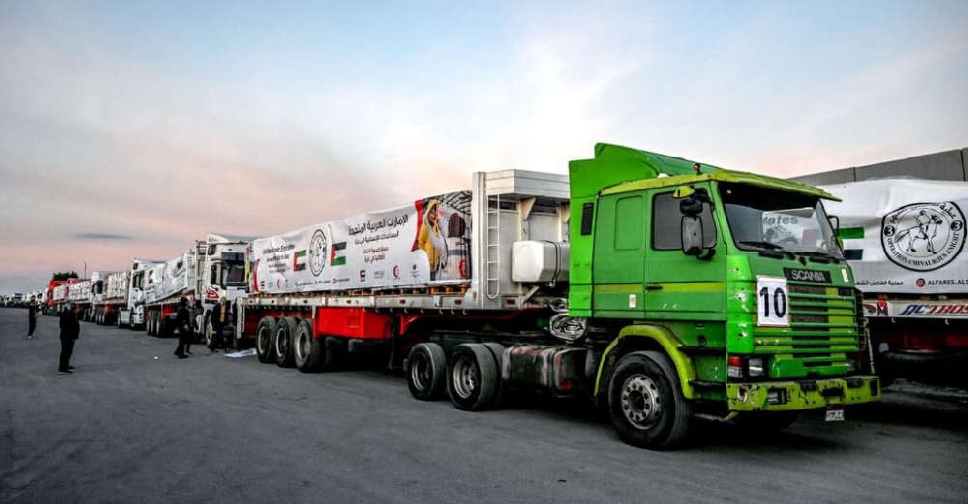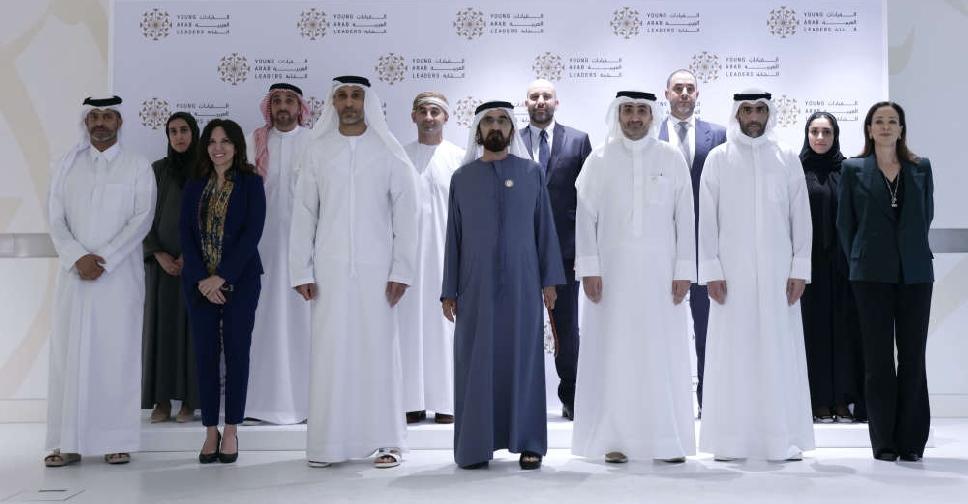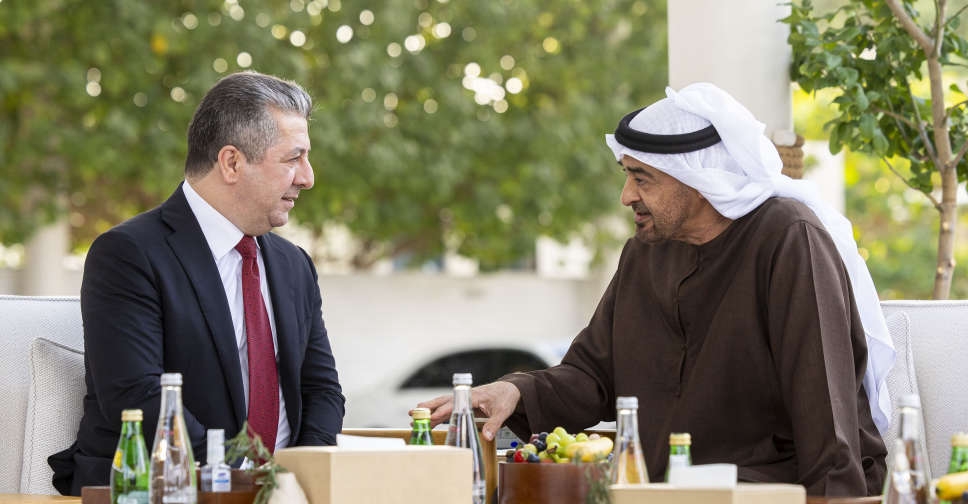
The United States will start deploying longer range missiles in Germany in 2026, the two countries announced at a meeting of the NATO alliance, a major step aimed at countering what the allies say is a growing threat Russia poses to Europe.
The decision will send Germany the most potent US weapons to be based on the European continent since the Cold War, in a clear warning to Russian President Vladimir Putin.
A US-German statement said the "episodic deployments" were in preparation for longer-term stationing in Europe of capabilities that would include SM-6, Tomahawk and developmental hypersonic weapons with greater range.
The move would have been banned under the Intermediate-Range Nuclear Forces Treaty signed by the US and the Soviet Union in 1987 but that collapsed in 2019.
"We cannot discount the possibility of an attack against Allies’ sovereignty and territorial integrity," the allies said in a communique released on Wednesday.
More aid was headed to Ukraine as the allies bolster Ukrainian President Volodymyr Zelenskiy.
A communique said the allies intend to provide Ukraine with at least 40 billion euros ($43.28 billion) in military aid within the next year, but stopped short of the multi-year commitment NATO Secretary General Jens Stoltenberg had sought.
The document also strengthened past NATO language on China, calling it a "decisive enabler" of Russia's war effort in Ukraine and saying Beijing continues to pose systemic challenges to Euro-Atlantic security.
Stoltenberg told reporters it was the first time the 32 allies had jointly labelled China a decisive enabler of Russia’s war and called it an important message.
He said NATO was not an organisation that imposes sanctions, but added, “At the end of the day, this will be for individual allies to make decisions, but I think the message we send from NATO from this summit is very clear.”
The communique called on China to cease material and political support for Russia's war effort and expressed concern about China's space capabilities, referenced rapid expansion of its nuclear arsenal, and urged Beijing to engage in strategic risk reduction talks.
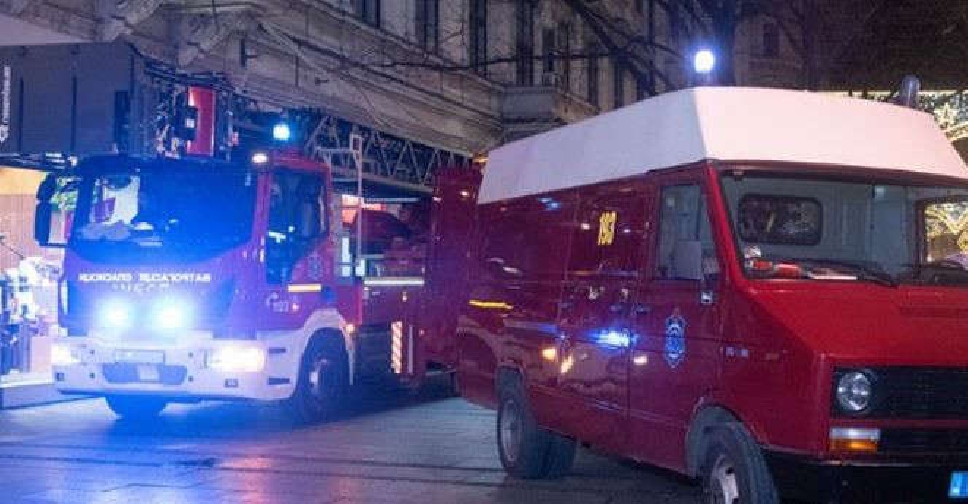 Eight die, seven injured in Serbian retirement home fire
Eight die, seven injured in Serbian retirement home fire
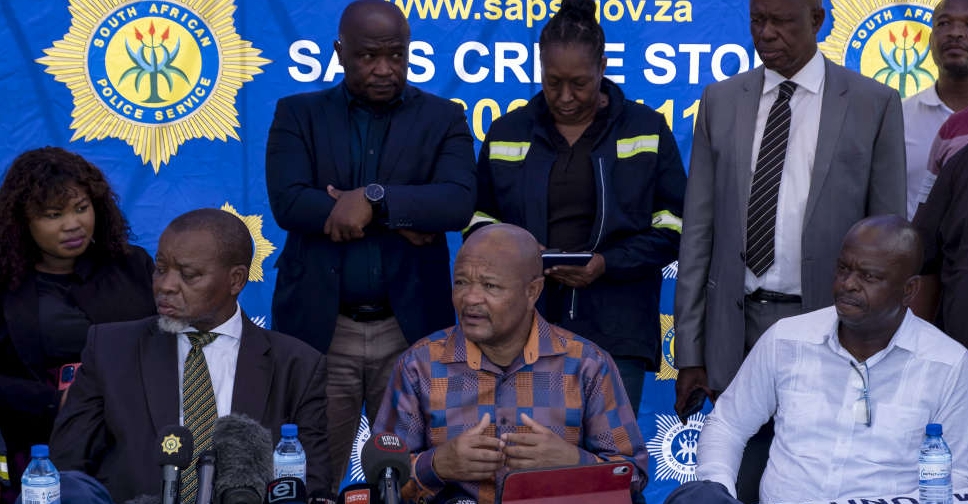 South African police launch manhunt for gang leader of illegal mine
South African police launch manhunt for gang leader of illegal mine
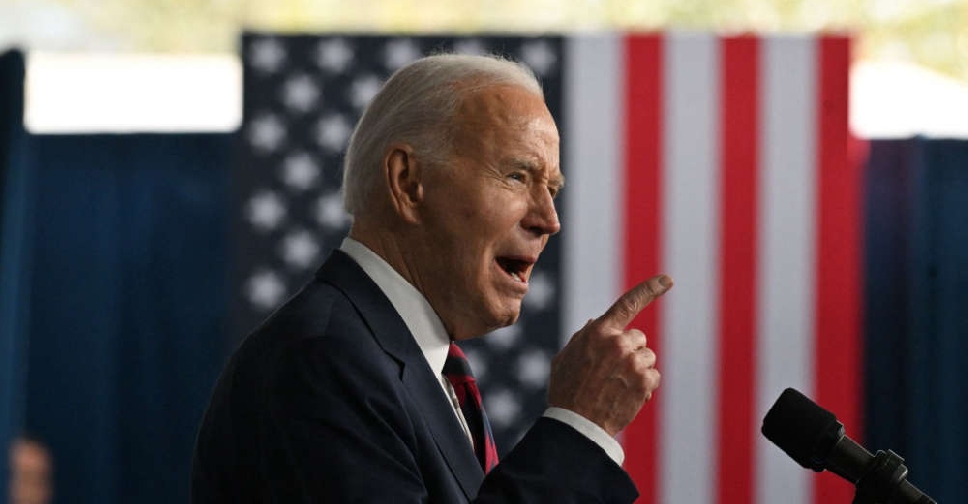 Biden welcomes Gaza ceasefire as aid trucks rush to help civilians
Biden welcomes Gaza ceasefire as aid trucks rush to help civilians
 Gaza ceasefire comes into effect after hostage names released
Gaza ceasefire comes into effect after hostage names released
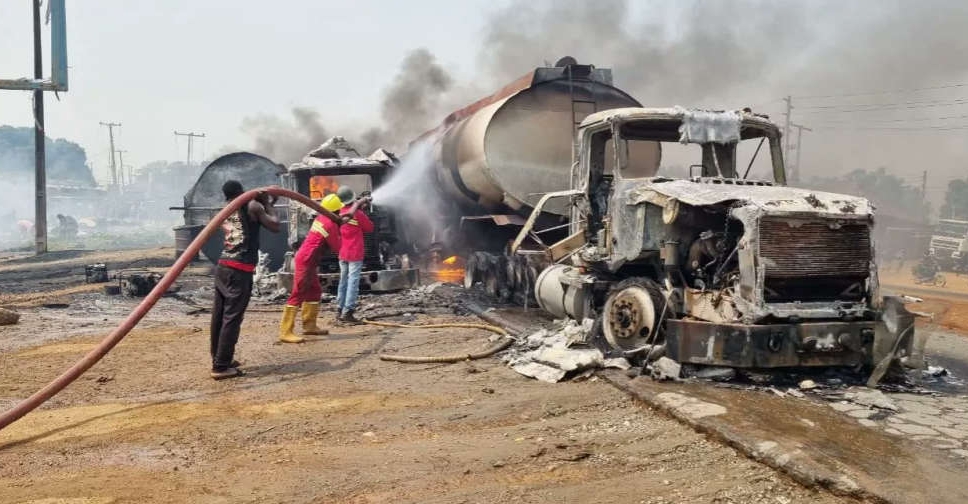 Nigeria tanker truck blast toll rises to 86
Nigeria tanker truck blast toll rises to 86

